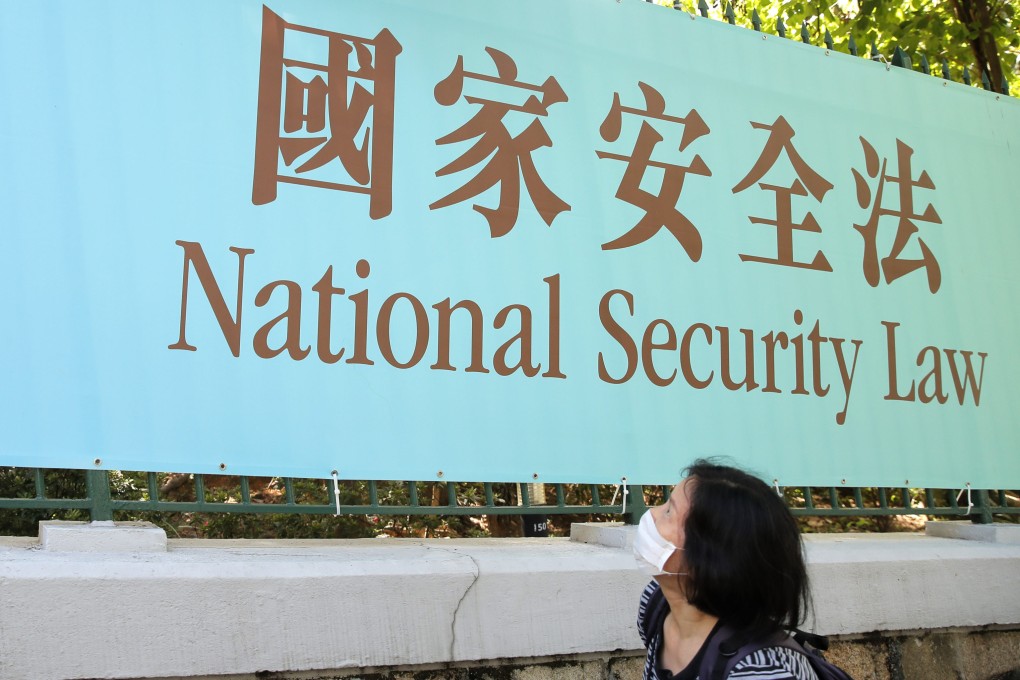My Take | Ruling broadens application of the national security law
- Many people thought the national security law was a self-contained piece of legislation. But a decision by the Court of Final Appeal last week says otherwise

The passing of a new national security law for Hong Kong by China’s top legislature last year took the city by surprise. There was a scramble to work out what the law meant and how it would be applied. Almost 18 months later, many questions remain.
One of the key concerns is that the law is expressed in broad terms. It is difficult to know precisely where the dreaded “red lines” lie. The courts have an important role to play. Their rulings should, in time, set the boundaries and limit its scope.
A decision by Court of Final Appeal judges last week, however, broadens the application of the security law. They held that parts of it also apply to other laws deemed to concern threats to national security. This is a significant ruling, building on the court’s earlier decision to refuse bail to media tycoon Jimmy Lai Chee-ying.
The case concerned Sidney Ng Hau-yi, a member of a speech therapists’ union charged with publishing seditious children’s books. The offence is under the Crimes Ordinance. Ng does not face charges under the national security law. But this did not stop a judge applying the national security law’s stricter standards on bail when refusing to release her pending trial in November.
His reasoning was upheld by a three-judge panel in the top court last week. The judges, including Chief Justice Andrew Cheung Kui-nung, refused to allow Ng to proceed further with her challenge.
The implications could be far-reaching. Many people, myself included, thought the security law was a self-contained piece of legislation. In other words, the important changes it introduced to the legal system, including on bail, would only apply to national security law cases. The ruling says otherwise.
